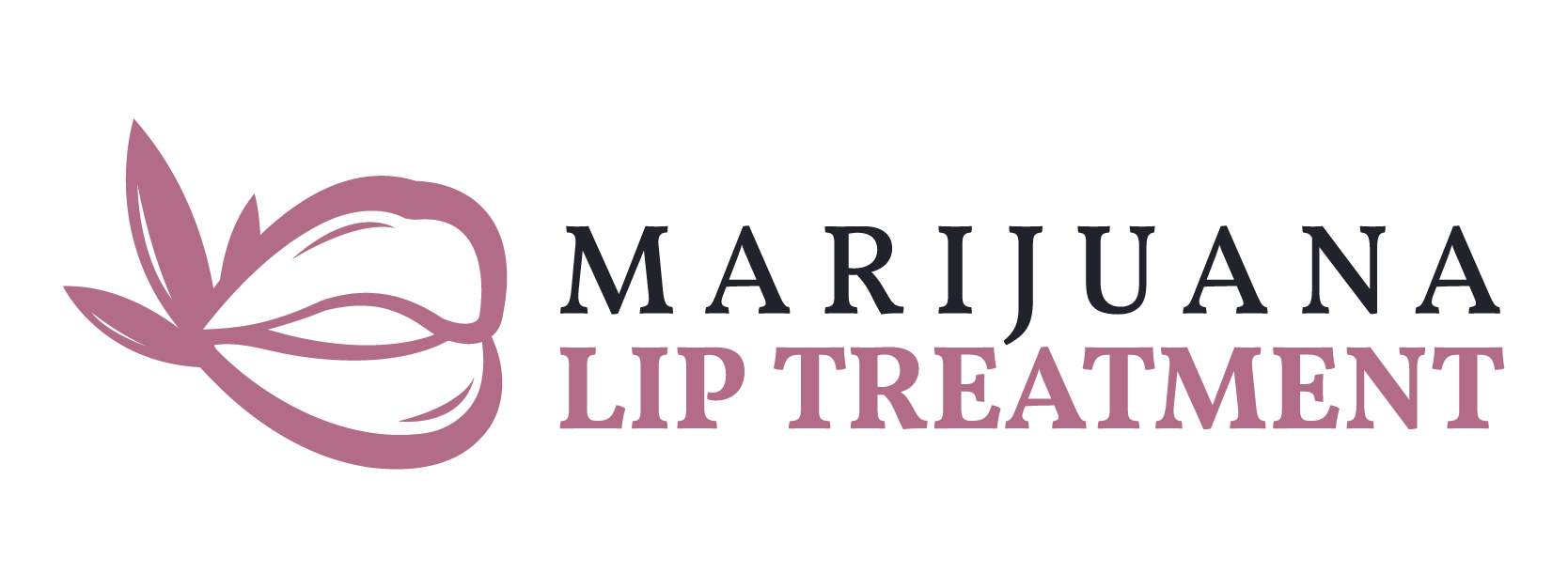In the United States, “cruelty-free” is not a legally defined cosmetic term. The Food and Drug Administration (FDA) allows companies to use claims such as “cruelty-free” or “not tested on animals” without enforcing a uniform standard, which is why independent certifications have become the trusted benchmarks for ethical beauty consumers.
Two of the most recognized verification programs are Leaping Bunny and PETA’s Beauty Without Bunnies. Leaping Bunny certification requires brands to establish a supplier-monitoring system that ensures every level of production—raw materials through finished goods—remains free of animal testing. It also demands a “fixed cut-off date,” meaning that after a specific time, no animal testing can take place anywhere in the supply chain. Companies must renew their certification annually and submit to documentation reviews and audits. For shoppers, the Leaping Bunny logo represents verified, ongoing compliance—not just a promise printed on the packaging.
PETA’s Beauty Without Bunnies program, on the other hand, certifies brands as “Animal Test–Free” or “Animal Test–Free & Vegan.” To earn this designation, brands must confirm that neither they nor their suppliers test ingredients, formulations, or finished products on animals. PETA’s approach does not include the same auditing process as Leaping Bunny, but both systems provide transparency and a visual cue that helps shoppers identify products aligned with their values.
Globally, the rules vary. The European Union bans animal testing for cosmetics and forbids marketing products or ingredients tested on animals for cosmetic purposes. However, certain chemicals may still undergo animal testing under other safety regulations, creating occasional confusion among brands and consumers. For U.S. shoppers purchasing imported cannabis-infused lip treatments, these regional nuances highlight the importance of verifying third-party certification.
In China, regulatory progress has improved the landscape for cruelty-free beauty. As of May 2021, many “general” cosmetics—including lip balms and oils—can bypass pre-market animal testing if the manufacturer meets specific conditions. However, “special” cosmetics like sunscreens may still face testing requirements. This development allows some cruelty-free brands to expand into China without compromising their ethical commitments, but careful documentation remains essential.
When it comes to marijuana-based lip products, “cruelty-free” refers specifically to testing practices—not to whether the formula is vegan, natural, or THC/CBD-derived. A product can be cruelty-free yet contain ingredients like beeswax, which would not be considered vegan. Conversely, a vegan formula is not automatically cruelty-free if its ingredients were tested on animals. Savvy shoppers should look for verified cruelty-free logos and then check ingredient lists or brand websites to confirm vegan status if desired.
Ultimately, being cruelty-free is about accountability, transparency, and respect for both consumers and animals. For marijuana and hemp lip care, those small bunny symbols on the label signify more than just a trend—they reflect a commitment to ethical beauty standards that align with modern consumer values.
